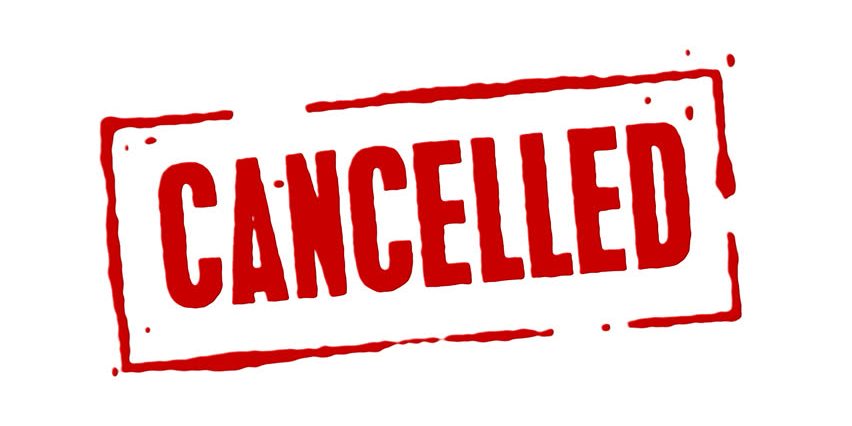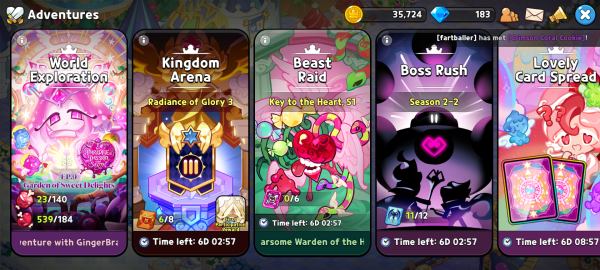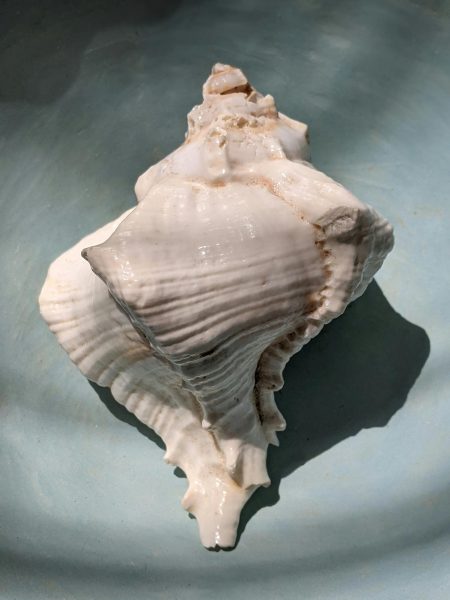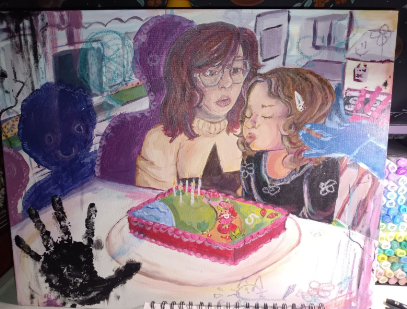Cancel Culture
In late August, popular comedian, Dave Chappelle, released his newest stand up special on Netflix, Sticks and Stones. In this special, Chappelle tackles some controversial topics such as Michael Jackson, school shootings, sexual assault, and the LGBTQ community, whom he calls “Alphabet people.” Despite a 99% audience score on Rotten Tomatoes, critics have panned his special citing his jokes as out of touch, mean spirited, and callous. His jokes crossed so many lines, some have even recommended … canceling him.
Cancel, in this context, means to completely dismiss or reject a person or idea. Or, as Urban Dictionary puts it “to cancel is to kill somebody.” In just the past few years, countless celebrities have been canceled – from Meek Mill to James Charles to Lena Dunham. Most of these canceled celebrities, however, don’t stay canceled for long. In fact, the publicity usually boosts their careers. The issue comes when the one who is canceled was previously not in the public eye. The first and most notable canceled was Monica Lewinsky. Until the news of her relationship with Former President Bill Clinton broke, she lived a completely normal, private life. In January of 1998, that all changed. All of the sudden, Lewinsky was at the epicenter of a national political scandal, and for many, she became the punching bag. Cruel remarks, jokes, and harassment were quickly spread throughout the ever-growing internet. Lewinsky found herself to be Patient 0 of the online epidemic known as cancel culture. Since this incident, her life has taken a completely different course, despite the scandal taking place over 20 years ago. Another example of internet shaming at its worst is Walter Palmer. Palmer is an American dentist from North Dakota; he has a wife and three kids and lived an otherwise ordinary life, that is until the night of July 1st, 2015, when Palmer shot and wounded a lion that was being tracked by a research team from the University of Oxford as a part of a study – Cecil the Lion. Palmer had his permits in order and is still allowed to travel to Zimbabwe. After Cecil’s death, there was a massive international response against Palmer from politicians, celebrities, and the public. Despite not being charged with a crime, people were determined he would pay the price. Palmer received death threats and hate messages and his private information was soon posted online. “Lion Killer” was spray-painted on his garage and pickled pigs’ feet were left at the door. He was forced to close his practice, which reopened soon after without him. In the case of Lewinsky and Palmer and many others, being canceled had serious consequences for them and their loved ones. For these individuals, Urban Dictionary’s definition of “cancel” offers a scary reality rather than comical over-exaggeration.
When something bad happens, many feel entitled to get on their social media soapbox and proclaim their opinion; however, it is important to take into account the consequences for those involved before you hit “send tweet.”

David is second-year member of the Crimsonian staff. He is involved in Marching and Steel Band, Varsity Soccer, Varsity Track, National Honors Society,...










